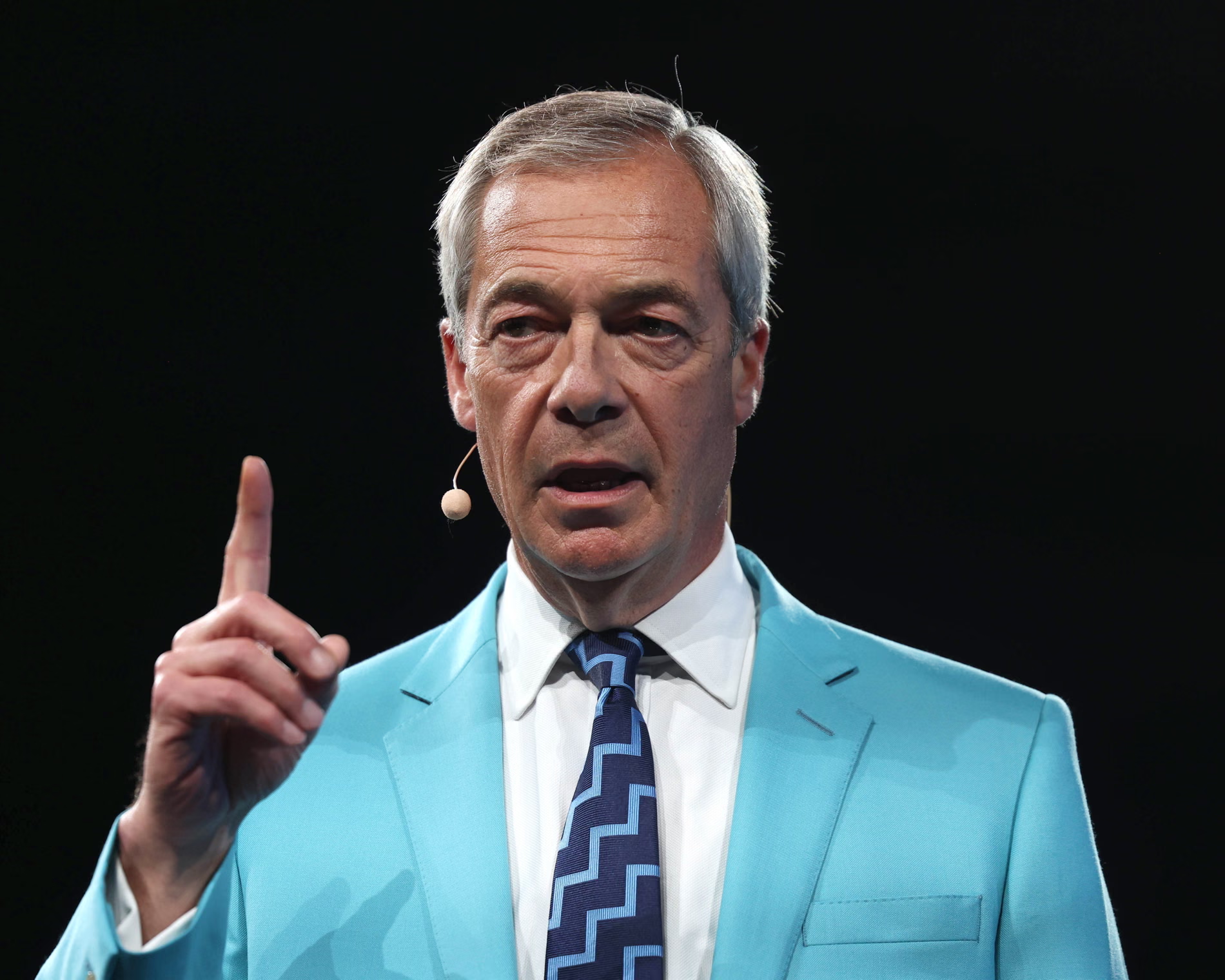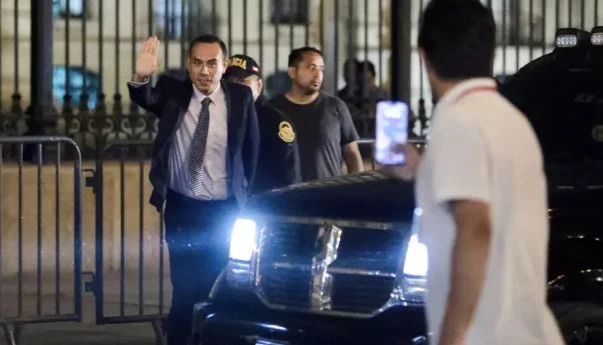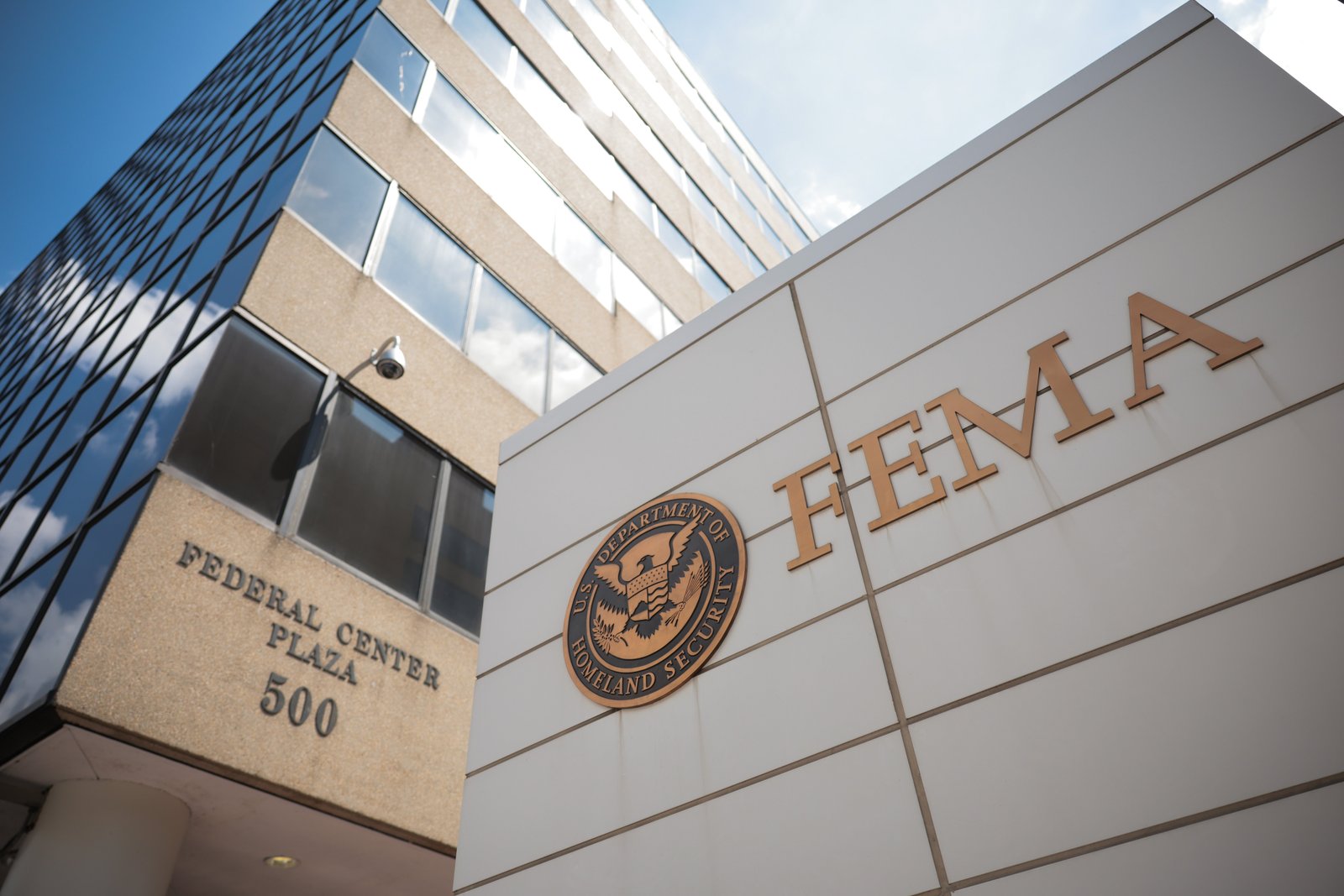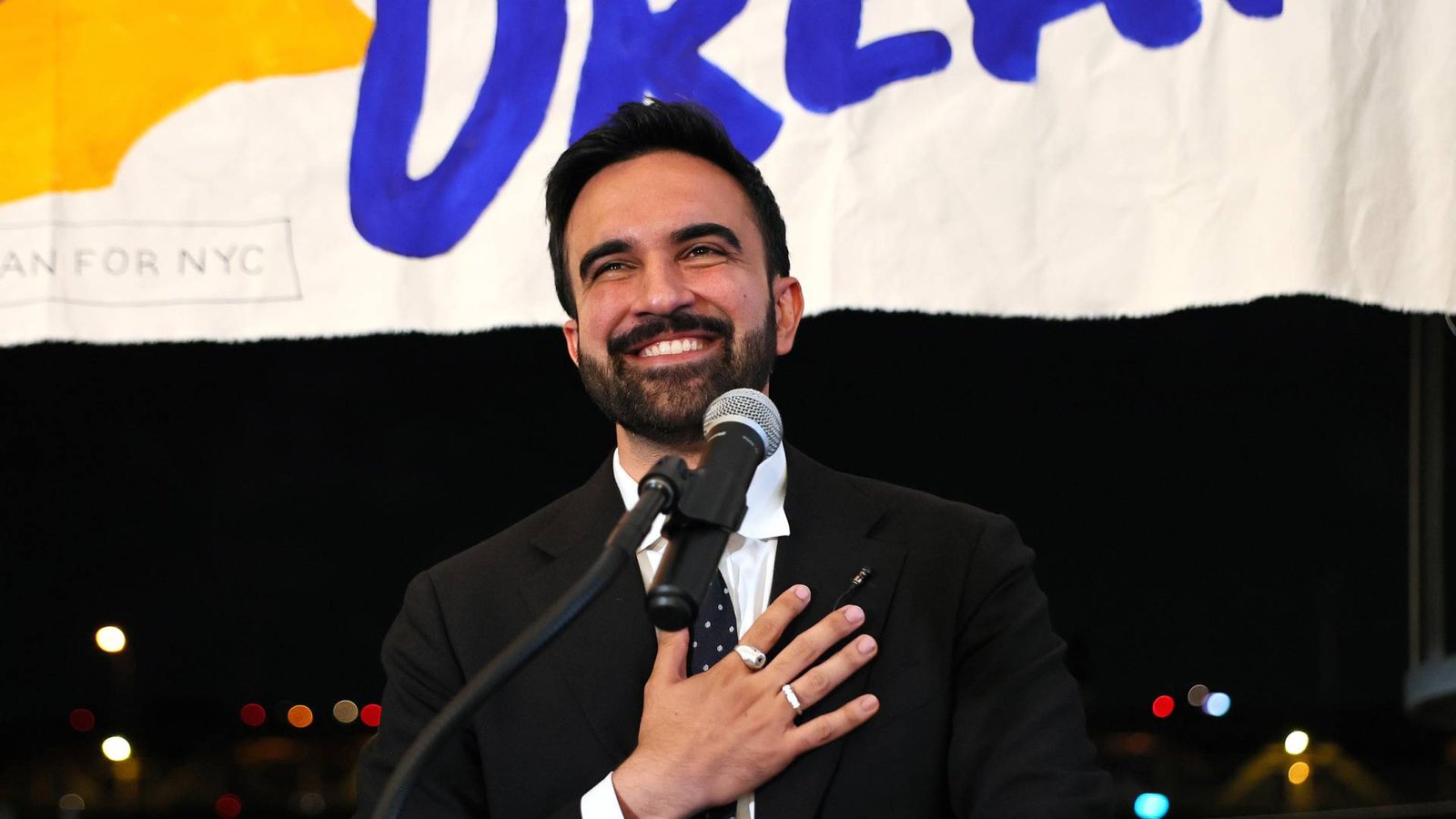Nigel Farage has admitted he made a mistake when he claimed to have bought a house in Clacton, his constituency. The Reform UK leader clarified that the property belongs entirely to his long-term partner, Laure Ferrari.
The issue first surfaced in May, when reports revealed the detached home in an upmarket part of Clacton-on-Sea was solely purchased by Ferrari. At the time, Farage insisted his name was not listed on the deeds for security reasons. However, he has now acknowledged he was wrong in saying he was the buyer.
Speaking at the Reform UK conference in Birmingham, Farage told Sky News he should have been clearer. He said he mistakenly used the word “we” instead of “she” when referring to the purchase. “It’s her money and her asset. I own none of it, but I do spend time there,” he explained. He added that he did not want to put Ferrari into the public spotlight, but admitted he should have phrased his earlier comments differently.
Last November, when asked about how much time he spent in Clacton, Farage claimed he had “exchanged contracts” on a house there. He told Sky News he had bought a home in Clacton to prove his commitment to the area. He repeated similar claims in January, saying he often shopped locally on weekends, joking about buying limes and tonic.
The property dispute also raised questions about tax matters. Earlier this year, Farage faced scrutiny over whether Ferrari’s sole ownership could help avoid higher-rate stamp duty. This tax applies when buyers already own another property. Critics asked whether Farage had provided funds through a gift or loan and if Ferrari qualified for standard rates as her only UK home.
Richard Tice, Reform UK’s deputy leader, dismissed these concerns as irrelevant to voters. Still, the issue drew attention after Farage himself had previously criticised others for questionable tax practices. During his speech at the party conference, Farage had accused political rival Angela Rayner of entitlement following her own tax row. When asked if he would publish his tax returns if he became prime minister, Farage said it would be an “imposition too far.” He added that his business interests would be moved to a trust if he were elected to office, making the matter less significant.
The discussion about the Clacton property came only days after reports about Farage’s earnings. It was revealed that he used a private company to handle income from media work, including his prime-time GB News show. This arrangement allowed him to pay 25% corporation tax rather than the higher 40% income tax rate. The parliamentary register of interests shows Farage has earned almost £400,000 from GB News since August 2024. The work amounted to about 190 hours. Although legal, such financial practices drew criticism given his earlier comments describing tax avoiders as a “common enemy.”
The timing of Farage’s clarification is significant. Reform UK is positioning itself as a challenger to established parties, and Farage is central to that effort. In his main speech at the Birmingham conference, he suggested a general election could take place as early as 2027. His admission about the Clacton house shows the pressure he faces over both personal and political credibility. Critics argue that his claims of buying the property were meant to counter criticism that he was not spending enough time in the constituency. Supporters, however, may view the correction as a minor slip compared with wider national issues.
Despite the controversy, Farage continues to hold a high profile in both politics and media. The debate over the Clacton house, his tax affairs, and his media income adds further scrutiny as he seeks to strengthen his party’s role in the political landscape.







